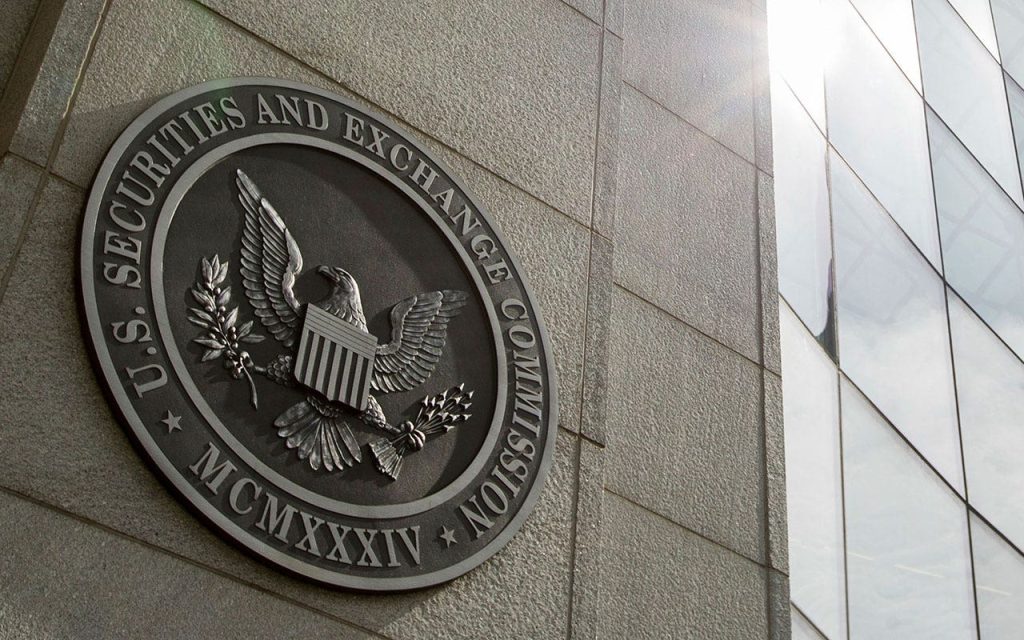The New Civil Liberties Alliance (NCLA) has filed a lawsuit against the Securities and Exchange Commission (SEC), alleging that the agency’s “Consolidated Audit Trail” (CAT) program is illegally collecting mass amounts of personally identifiable data on every investor who trades in U.S. markets. The NCLA argues that the SEC is collecting this data without authorization from Congress and in violation of the Fourth Amendment, which protects against unreasonable government search and seizure of private information. The CAT program, which was developed during the Obama administration with bipartisan support, is funded by fees collected through investment transactions and is described by the NCLA as “completely unlawful” and putting Americans’ financial data at risk.
The lawsuit filed by the NCLA in the district court for the Western District of Texas describes the CAT program as “the greatest government mandated mass collection of personal financial data in United States history.” The NCLA argues that modern surveillance tools enable mass tracking of individuals’ financial activities at low cost, allowing powerful computer algorithms to reveal personal and private details of investment strategies. Peggy Little, senior litigation counsel for the NCLA, stated that the SEC collects and stores every trade information on every investor’s trades from start to finish, including funds like 401(k) or 529 Education Fund, without any legal authority to do so. Little criticized the program as a multibillion-dollar tax on American investors paid for through fees extracted from brokerage houses.
Former Attorney General William Barr wrote an op-ed in The Wall Street Journal, arguing that the government is not free to collect information about citizens from banks, phone companies, and other businesses they interact with without limitation. Barr highlighted the crux of the SEC’s argument for the CAT program, which is to make investigations easier by gathering investor information on a broad scale rather than on a case-by-case basis after suspected wrongdoing has occurred. Barr emphasized that the Fourth Amendment is intended to make the government less efficient by requiring it to go through legal processes when seeking to delve into private affairs, and that agencies like the SEC should not be exempt from those requirements.
An SEC spokesperson stated that the Commission acts in accordance with its regulatory responsibilities, indicating that it stands by its approach to collecting financial data through the CAT program. The NCLA’s lawsuit challenges what they perceive as an overreach of power by the SEC, imposing dystopian surveillance, suspicionless seizures, and searches on millions of American investors. Little expressed concerns that the SEC’s actions are unauthorized and unconstitutional, putting the private financial information of American citizens at risk. The lawsuit seeks to address what the NCLA views as a significant violation of constitutional rights and a threat to the privacy and financial security of American investors.
The NCLA’s lawsuit against the SEC underscores the debate surrounding the balance between government oversight and individual privacy rights in the realm of financial data collection. The CAT program has raised concerns among critics who argue that the program represents government overreach and poses a significant threat to the privacy and financial security of American investors. The outcome of the lawsuit could have far-reaching implications for how regulatory agencies like the SEC approach data collection and surveillance practices, particularly in the context of rapidly advancing technology and the potential for mass tracking of individuals’ financial activities.













